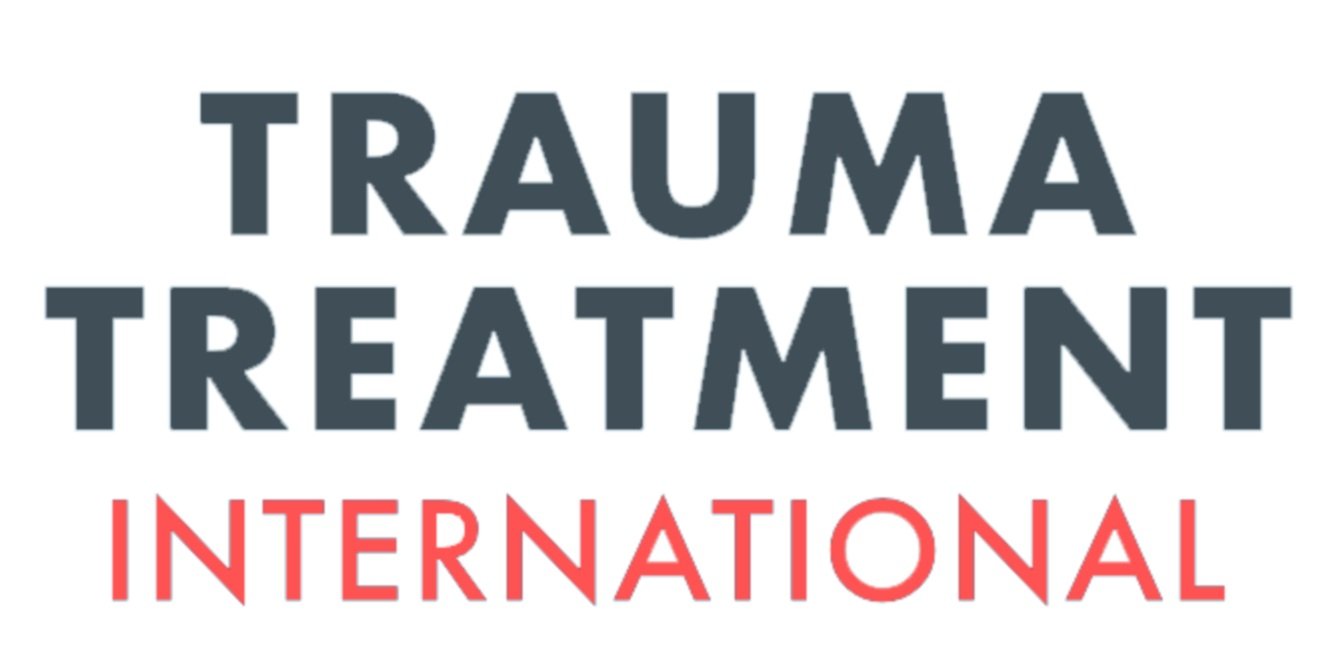Hibiscus Initiatives + TTI
Hibiscus has an unrivaled track record of delivering high-impact support and advocacy services for 35 years to women at the intersection of the immigration and criminal justice systems. We interviewed Chloé Geoghegan (Director of Operations) to find out her experience of working with Trauma Treatment International and how we have helped the organisation.
WHAT DOES YOUR ORGANISATION DO?
Hibiscus has distinct expertise working with marginalised black and minoritised/global majority women, in particular migrants, asylum seekers, and refugees. We work with women in prison, in the community, and in immigration removal centers, the latter of which where we also work with men. Hibiscus’ immigration and anti-trafficking work span all three of these areas, enabling Hibiscus unparalleled access to data and trends surrounding migration and trafficking within the charity sector.
Hibiscus was set up with the explicit mission of supporting one of the most systematically excluded groups of people – female prisoners. Prisoners, in general, are one of the most excluded groups but those affected by the immigration system are more overlooked still. In particular, Hibiscus was set up to address a gap in provision for Black and migrant women in HMP Holloway, in recognition of the higher levels of isolation and poor treatment experienced by these women and the lack of access to justice in comparison to their white and British counterparts. As such, the organisation was founded to challenge and to redress racial injustices and inequalities experienced by Black and migrant women within the immigration and criminal justice systems.
Our organisation applies a keen understanding of intersectionality. Our work recognises that our clients’ disadvantage, maligning, and exclusion is compounded by their gender, race, and nationality, in a country where systematic racism and hostility towards migrants is all too evident, in particular in institutions of justice and government, which themselves have adopted a Hostile Environment policy towards these groups. The communities we work with are often further disadvantaged by vulnerabilities experienced by migrants, including English not being the first language and uncertain immigration status leading to financial insecurity owing to the No Resource to Public Funds condition.
What support has TTI been providing to your organisation?
We began discussions with TTI in November/December 2020 and started clinical supervision sessions in January 2021. Regular supervision sessions with staff members opting in to support. Some staff have been attending on a regular/monthly basis, some have attended more ad hoc. Some do not opt for supervision.
We are currently undergoing a clinical supervision review to assess in what ways the organisation can provide a supportive, nurturing environment to staff and how we can provide supervision and/or other services to support this aim.
How has working with TTI benefitted your organisation?
The team at Hibiscus has greatly appreciated having TTI as a resource to help support and promote their wellbeing, happiness, and resiliency at work. Feedback has been overwhelmingly positive since we began working with TTI, with many members of staff regularly attending sessions.
TTI have also been responsive to need at times where staff wanted to access supervision quickly. This has certainly helped the team traverse difficult situations with the care that they need.
We are excited to be working with TTI on the review of clinical supervision at Hibiscus to ensure that, as an organisation, we can prioritise the wellbeing and development of our incredible staff.
To find out more about Hibiscus visit: https://hibiscusinitiatives.org.uk/


